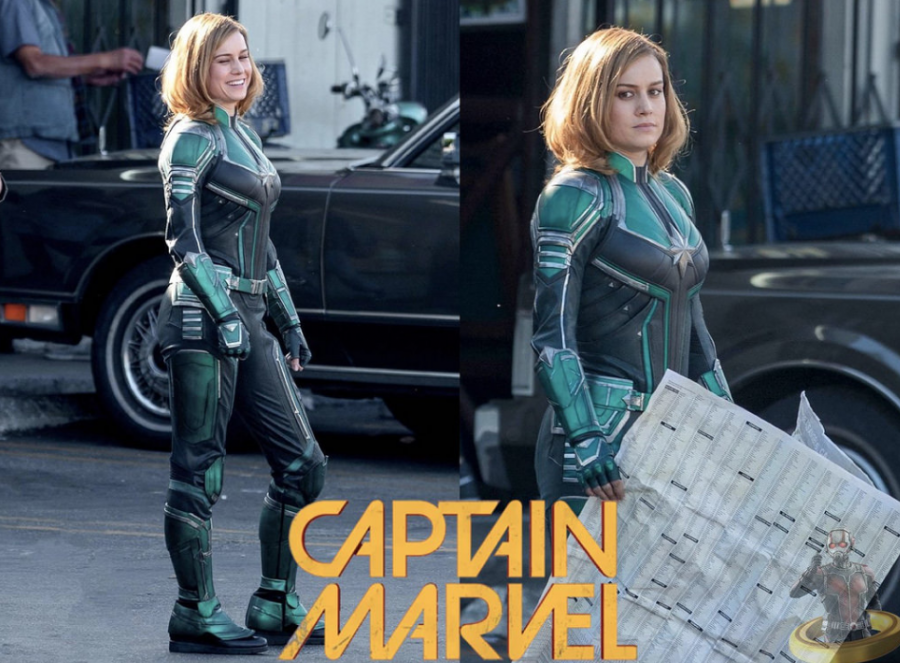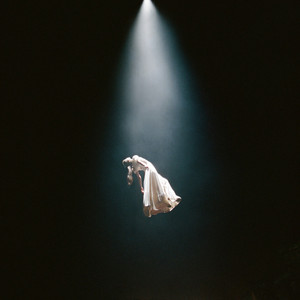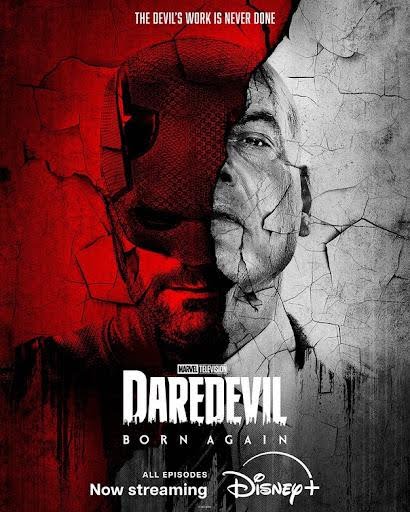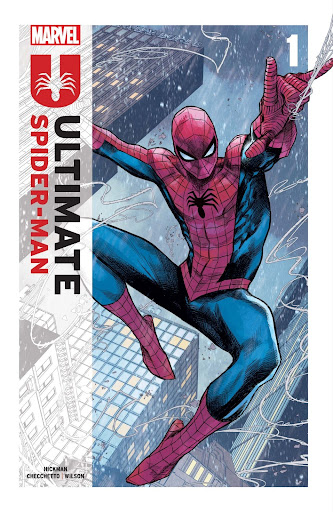“Captain Marvel”: A Win for Marvel and Female Viewers
The latest action-packed movie in the Marvel Cinematic Universe is also its first female-led movie.
“Captain Marvel” premiered on Mar. 8, 2019. This fast-paced, high energy film has grossed over $1 billion worldwide, making it the highest-grossing film of 2019.
The film stars Brie Larson, Samuel L. Jackson, Ben Mendelsohn, Djimon Hounsou, Lee Pace, Lashana Lynch, Gemma Chan, and Jude Law. It was directed by Anna Boden and Ryan Fleck.
Vers (Larson) is an extraterrestrial Kree warrior who finds herself caught in a battle between her people and another alien race, the Skrulls. However, she continually has flashbacks from another life as United States Air Force Pilot, Carol Danvers. With help from a newfound ally, Nick Fury (Jackson), she tries to uncover her real identity while ending the battle between the Kree and the Skrulls and harnessing her superpowers.
On a scale of five stars, “Captain Marvel” gets four-and-a-half.
As with many other Marvel movies, the film drops us in the middle of the character’s life and we follow the character from there.
It all makes sense in the end, but what makes “Captain Marvel” particularly confusing is the fact that Carol Danvers seems to have two different lives that she doesn’t even understand, leaving the viewer perplexed. Another slight point of confusion is the many different names the character goes by.
However, the film is Marvel’s first female-led movie, making history at a time where feminism is becoming more and more important. It sends a positive message to female viewers, seeing as Captain Marvel herself is the exact opposite of a damsel in distress. This is just the beginning of equal representation in films and not overly sexualizing female superheroes.
Carol Danvers herself is strong, fearless, and brave; she is not afraid to stand up for what she believes in or go against the orders of her male commanders. One example of this is when Danvers decides to continue a mission after Yon-Rogg (Law), her commander and mentor, tells her to stop immediately and wait for the rest of the team to come pick her up.
Danvers also stands up to Yon-Rogg once again towards the end of the film, when she discovers he is on the wrong side of the fight. She is able to separate their prior relationship and defeat him once she realizes this. During this fight, she takes down Yon-Rogg and his whole team single-handedly.
Though it clocks in at impressive 125 minutes, “Captain Marvel” does not drag; I was so engrossed in the film, I didn’t even notice two hours had passed. “Captain Marvel” strikes a balance between action-packed fighting scenes and calmer dialogue scenes.
Overall, “Captain Marvel” is an amazing origin story that perfectly sets up the character’s appearance in “Avengers: Endgame,” which will be released on April 26.
If you haven’t seen “Captain Marvel” yet, go check it out at the AMC in Allentown! And don’t forget to stay for Marvel’s iconic post-credit scenes for a funny little extra and a potential scene from “Avengers: Endgame.”








Carol Danvers Jacket • Aug 8, 2019 at 8:50 am
Nice Blog, I loved the Captain Marvel Movie. Most importantly the fashion in that movie was so awesome. That Carol Danvers Jacket was so Halloween Material.